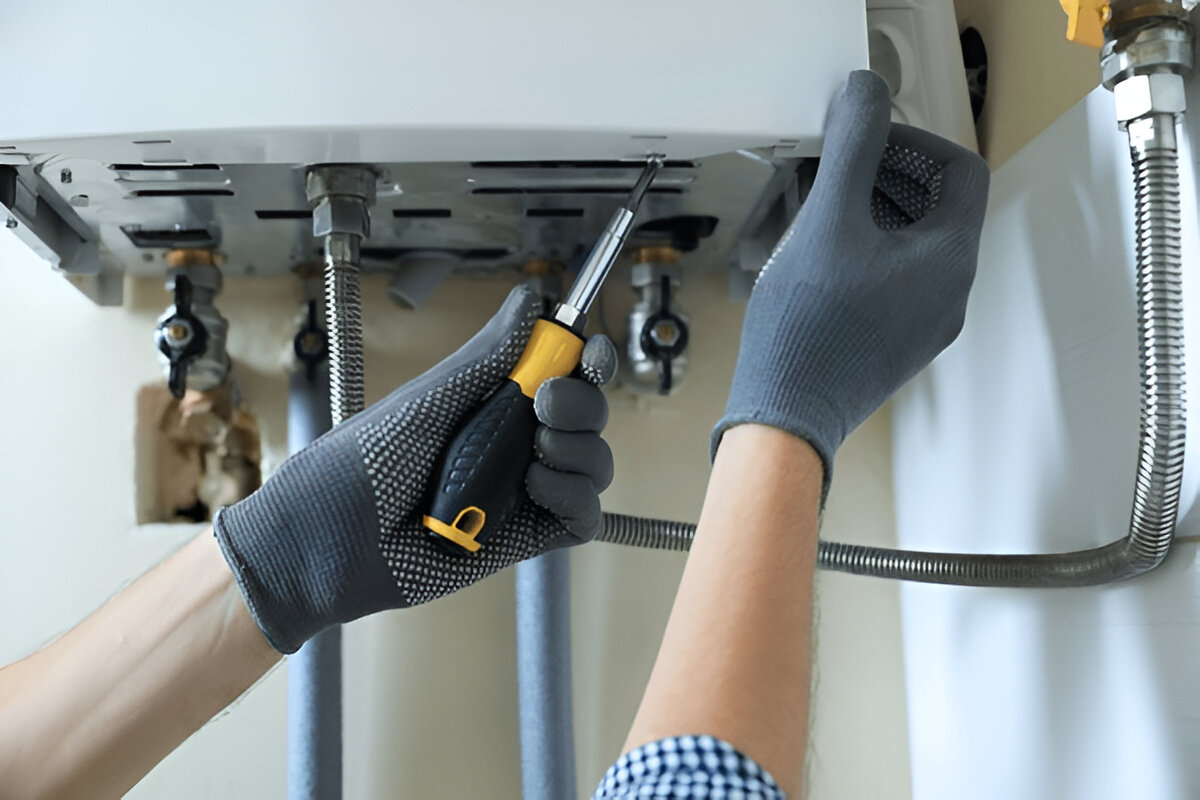Hot water systems are among the most energy-intensive appliances in any home, typically accounting for about 18% of a household’s energy consumption. Proper management of these systems can lead to significant cost savings, improved performance, and extended equipment lifespan. Whether you have a conventional storage tank, tankless unit, heat pump, or solar water heater, implementing best practices for efficiency should be a priority for every homeowner.
Understanding Your Hot Water System Type
The first step toward efficient management is understanding what type of hot water system you have. Storage tank water heaters remain the most common, keeping 30-80 gallons of water continuously heated. While reliable, they constantly lose heat through standby heat loss. Tankless or on-demand systems heat water only when needed, offering greater efficiency but requiring proper sizing. Heat pump water heaters use ambient air temperature to heat water, working best in warm climates. Solar water systems provide excellent efficiency but require backup for cloudy days. Each system requires different maintenance approaches for optimal performance.
Optimal Temperature Settings for Efficiency and Safety
Setting your water heater to the correct temperature balances efficiency with safety. The U.S. Department of Energy recommends 120°F (49°C) as the ideal setting for most households. This temperature provides sufficient hot water for daily needs while minimizing energy consumption and reducing the risk of scalding. For every 10°F reduction in temperature, you can save 3-5% on energy costs. However, if you have a dishwasher without a heating element, you may need to increase this to 140°F (60°C) to ensure proper sanitation.
The Importance of Regular Maintenance
Regular maintenance significantly impacts your system’s efficiency and longevity. For storage tank models, annual flushing removes sediment buildup that can reduce efficiency by up to 50%. Simply attach a hose to the drain valve and allow several gallons to flow out until the water runs clear. Check the anode rod every two years – this critical component prevents tank corrosion and typically needs replacement every 3-5 years. Inspect the pressure relief valve annually by lifting its lever to ensure proper operation. These simple steps can add years to your system’s lifespan.
Insulation: A Simple Upgrade With Big Returns
Proper insulation dramatically reduces heat loss in hot water systems. For storage tanks, an insulating blanket can reduce standby heat losses by 25-45%, paying for itself in energy savings within a year. When installing, ensure you don’t cover the thermostat or burner compartment. Insulating the first six feet of hot water pipes can reduce heat loss as water travels to your faucets, saving energy and reducing wait times for hot water. Foam pipe insulation is inexpensive and easy to install, making this one of the most cost-effective efficiency upgrades available.
Addressing Leaks and Drips Promptly
A single dripping faucet or leaking water heater can waste hundreds of gallons annually while forcing your system to work harder. A leak of one drip per second can waste 1,661 gallons per year. Regularly check connections, valves, and the tank itself for moisture. Listen for hissing sounds near the water heater that might indicate a leak in the pressure relief valve. Repairing leaks promptly prevents water damage and reduces strain on your system, helping maintain efficiency.
Upgrading to High-Efficiency Models
When your current system reaches the end of its lifespan (typically 10-15 years for tanks, 20+ for tankless), consider upgrading to a high-efficiency model. Modern heat pump water heaters can be two to three times more energy efficient than conventional electric resistance models. ENERGY STAR certified gas tankless water heaters can be 24-34% more efficient than standard models. While the upfront cost is higher, the long-term savings in energy bills often justify the investment, especially when combined with available rebates and tax credits.
Smart Technology for Water Heating
Modern smart water heaters offer advanced efficiency features. Wi-Fi enabled models allow remote temperature adjustments and usage monitoring. Some systems learn your household patterns and adjust heating schedules accordingly. Recirculation systems with smart pumps and timers ensure instant hot water while minimizing waste. Consider adding a timer to conventional water heaters to avoid heating water during periods of low usage. These technologies can optimize performance while reducing energy consumption by 10-15%.
Water-Saving Fixtures and Usage Habits
Complementing your efficient water heater with water-saving fixtures maximizes overall system performance. Changing daily habits – taking shorter showers, washing clothes in cold water, and running full dishwasher loads – significantly reduces demand on your water heater. These behavioral changes require no financial investment yet yield substantial savings.
Seasonal Considerations for Optimal Performance
Hot water systems face different challenges throughout the year. In winter, increased incoming water temperatures mean your system works harder. Additional pipe insulation prevents heat loss in cold spaces. Summer presents opportunities to lower thermostat settings slightly in many climates. For solar systems, summer provides peak performance, while winter may require supplemental heating. Adjusting your maintenance and usage patterns seasonally helps maintain year-round efficiency.
When to Call a Professional
While many efficiency improvements are DIY-friendly, some situations require professional expertise. Any work involving gas lines, electrical connections, or major component replacements should be handled by licensed technicians. If you notice sudden changes in water temperature, unusual noises, or significant leaks, professional diagnosis is recommended. Annual professional inspections can identify potential issues before they become major problems, ensuring your system operates at peak efficiency.
Conclusion: A Comprehensive Approach to Efficiency
Managing your hot water system efficiently requires a combination of proper maintenance, smart upgrades, and mindful usage. By implementing these best practices – from temperature adjustments and insulation to leak repairs and technology upgrades – you can significantly reduce energy consumption while ensuring reliable hot water supply. Remember that small, consistent improvements often yield the best long-term results. With proper care and attention, your hot water system will provide years of efficient, cost-effective service, contributing to both household savings and environmental conservation.

